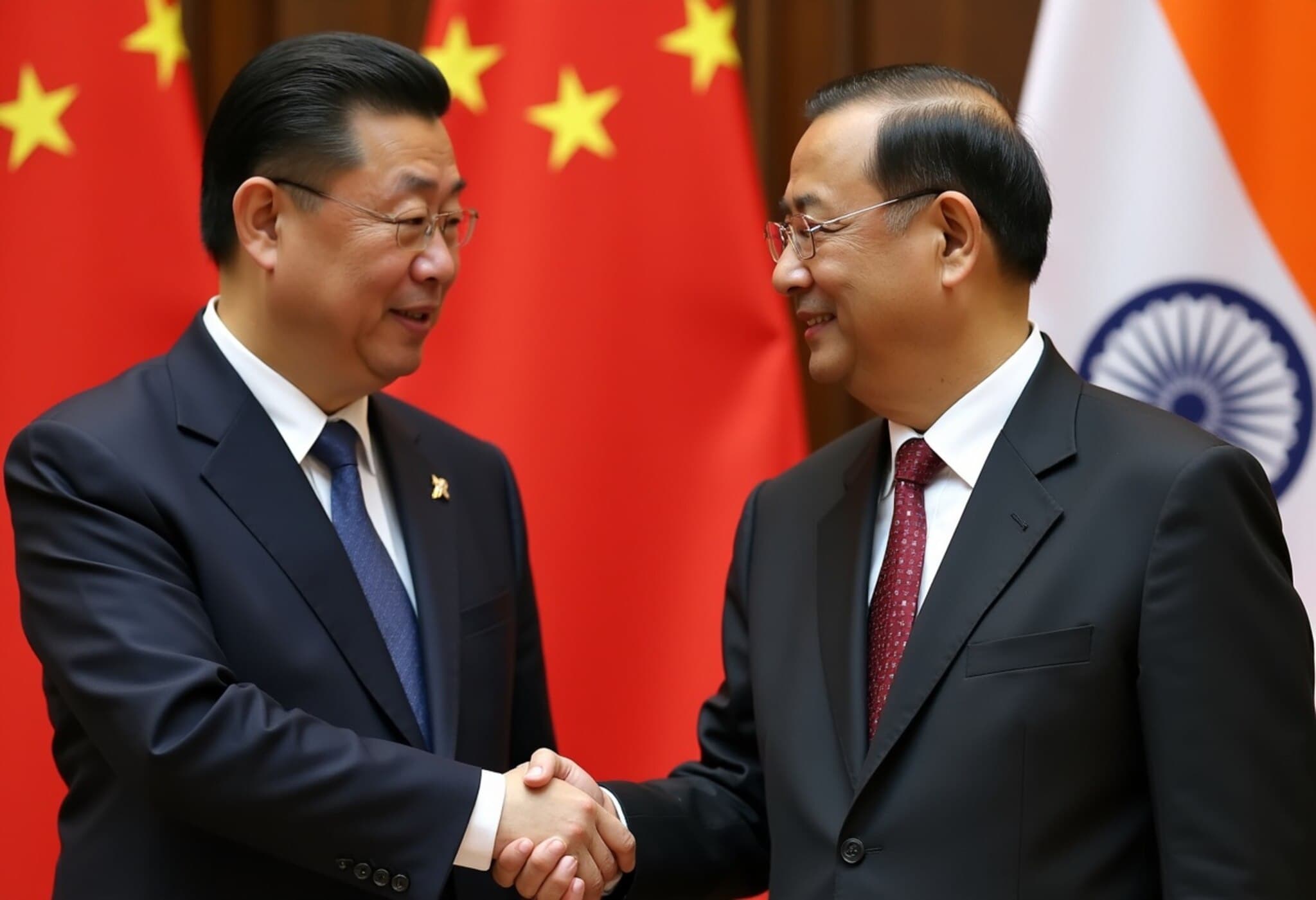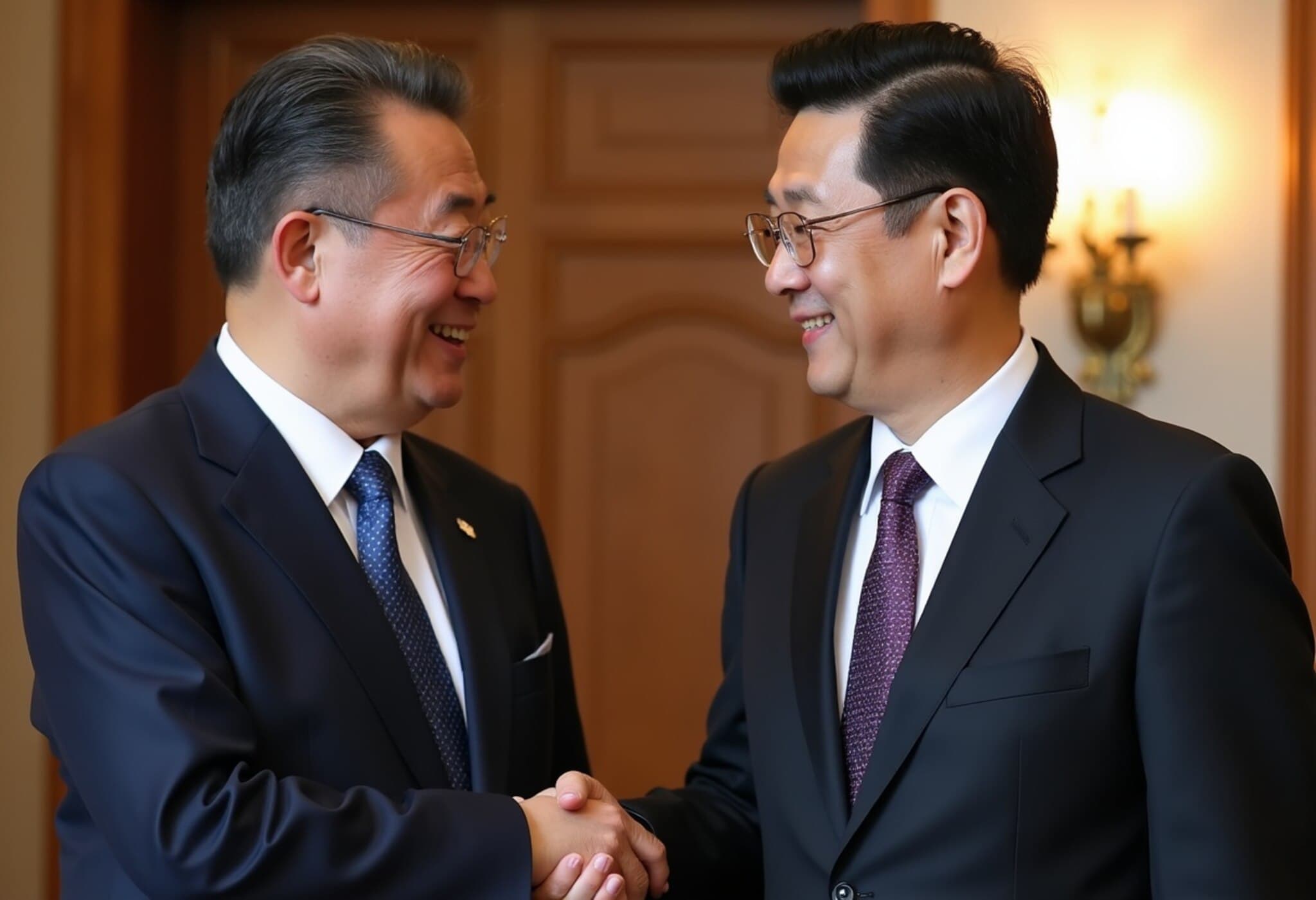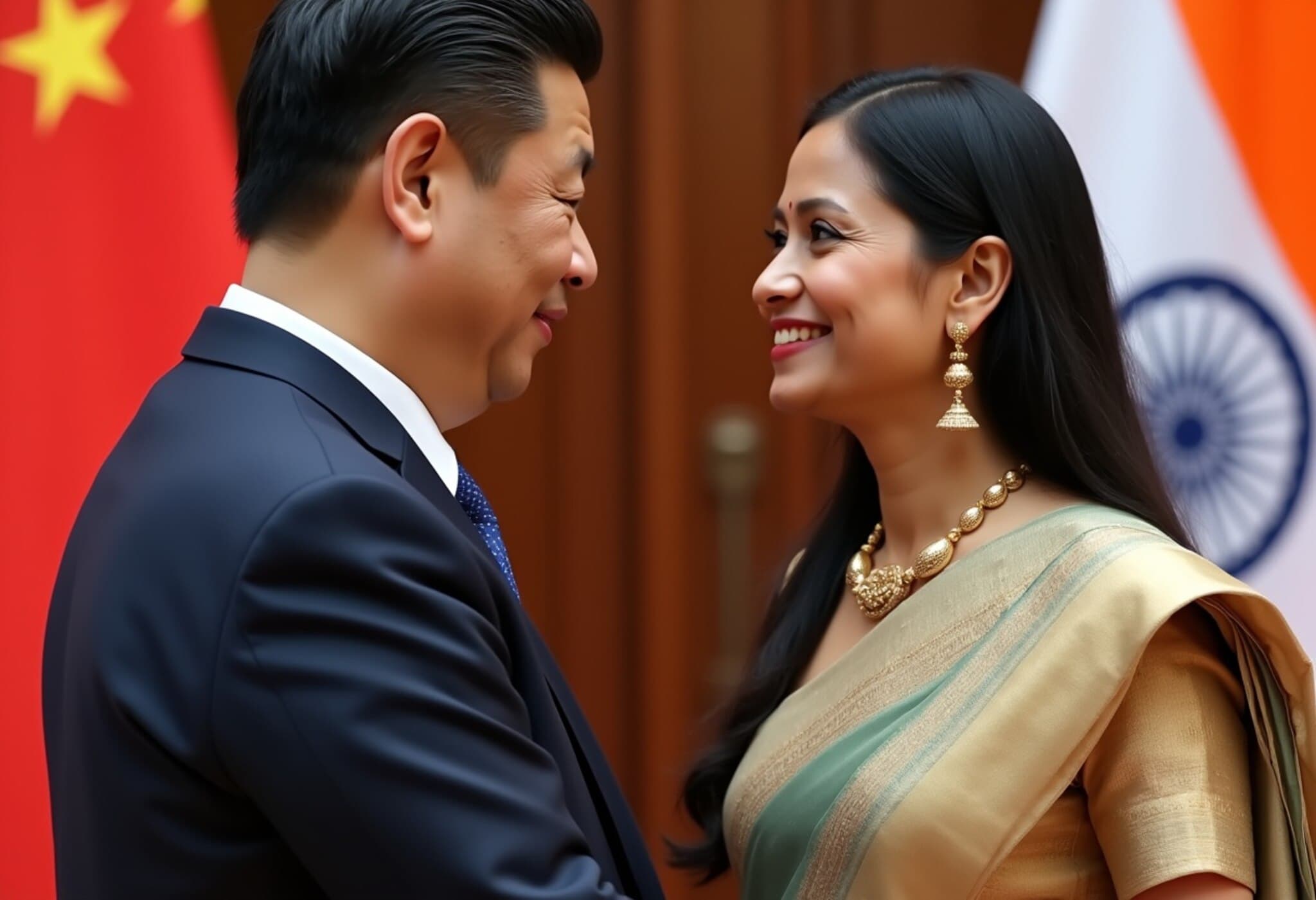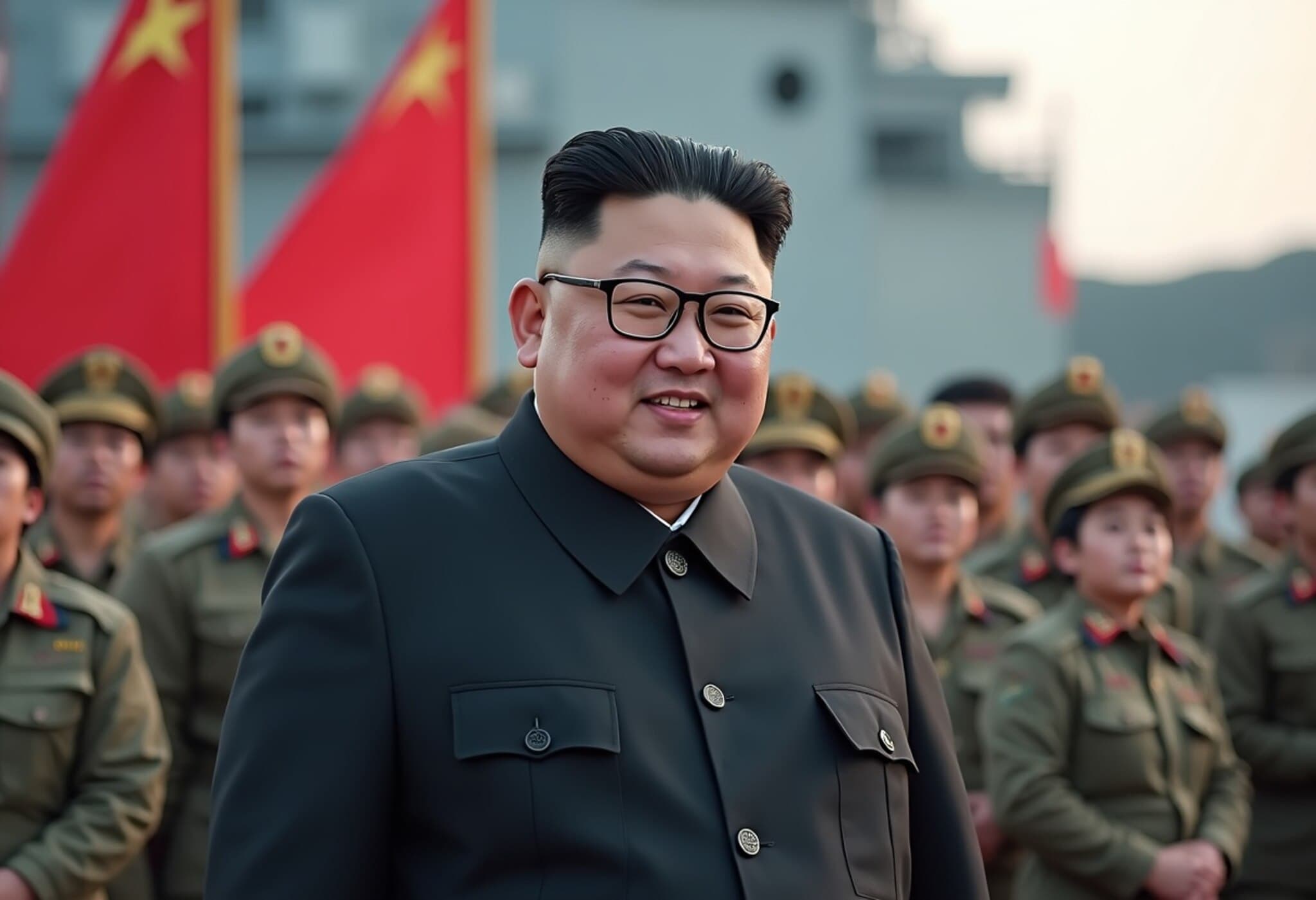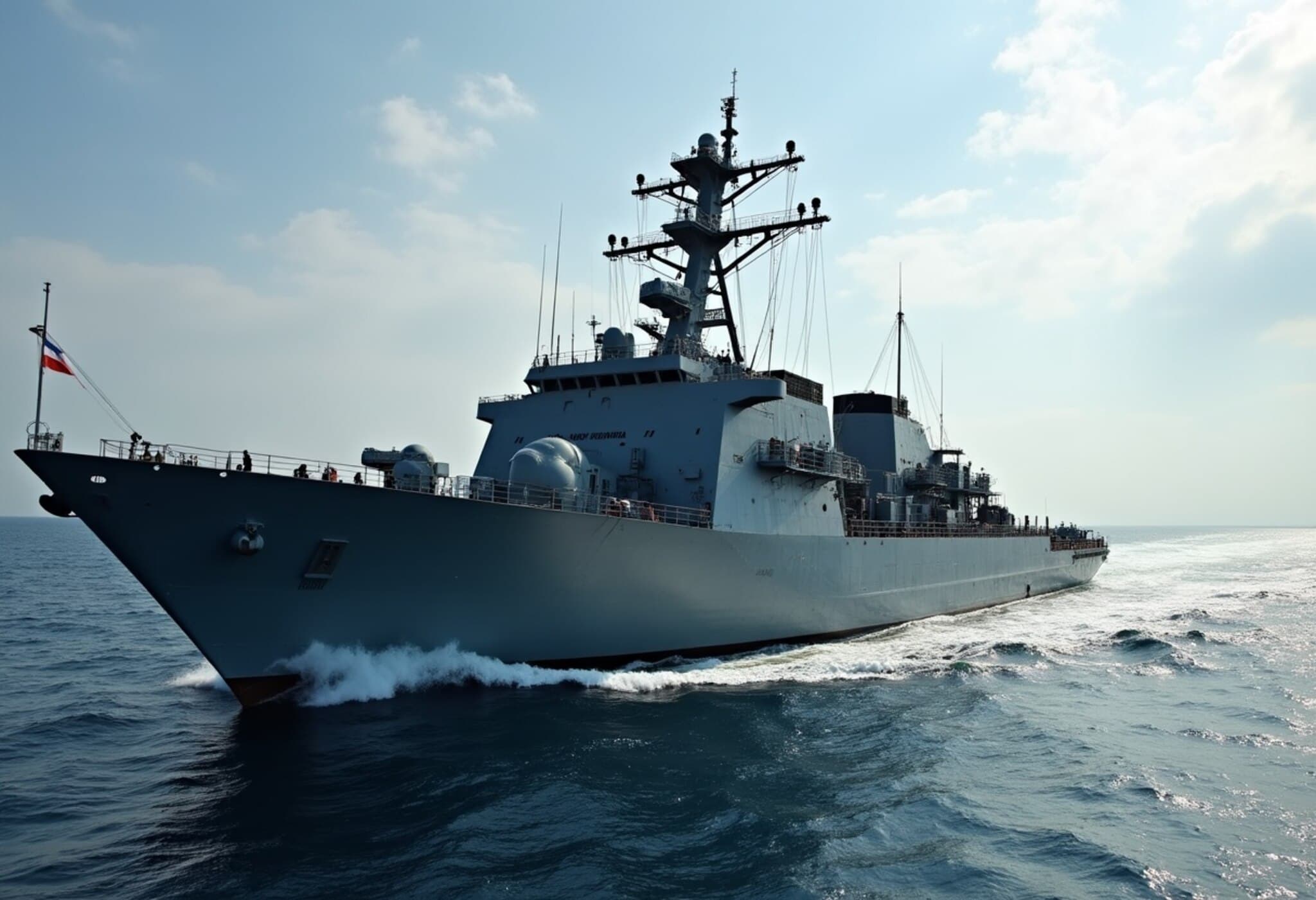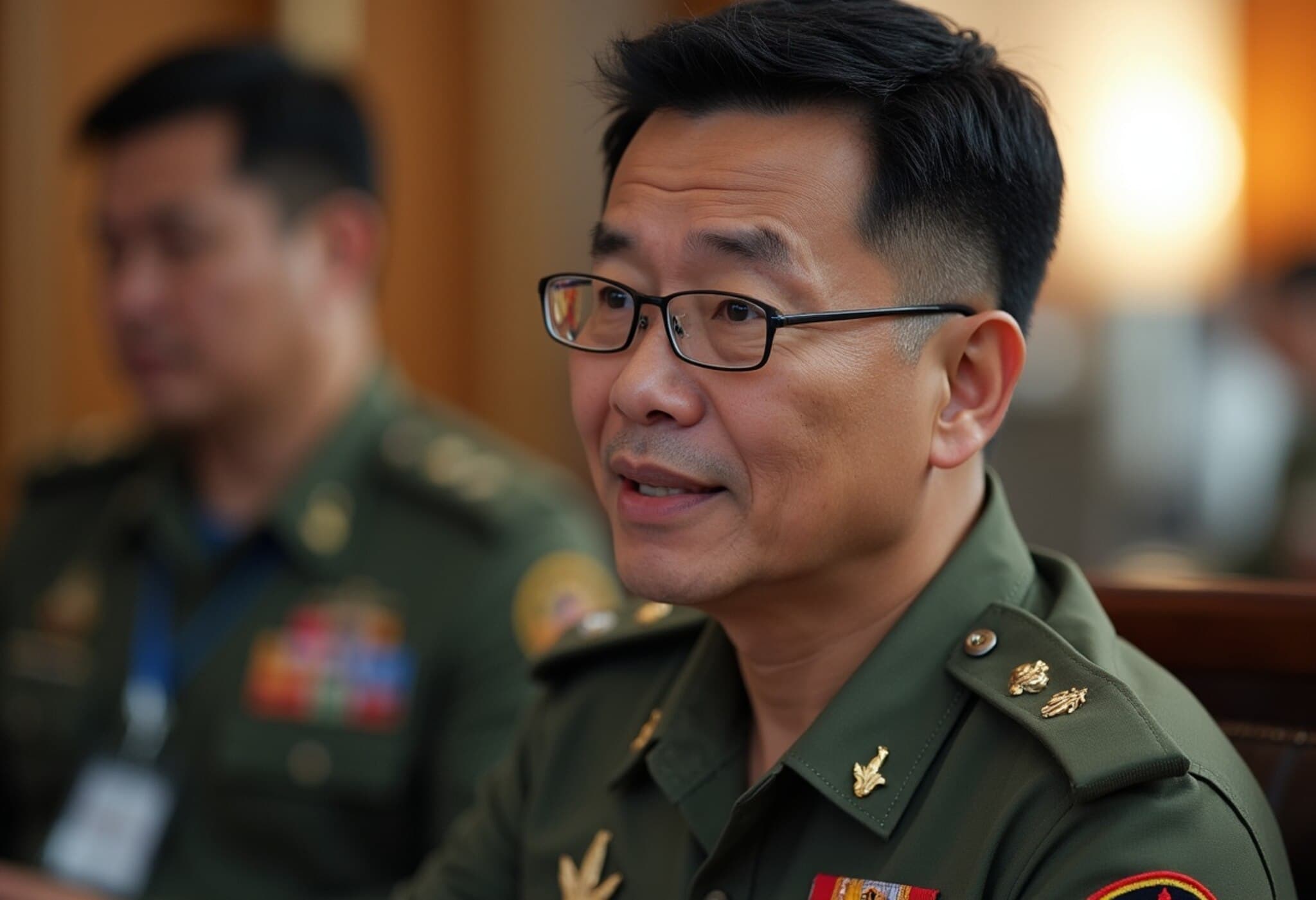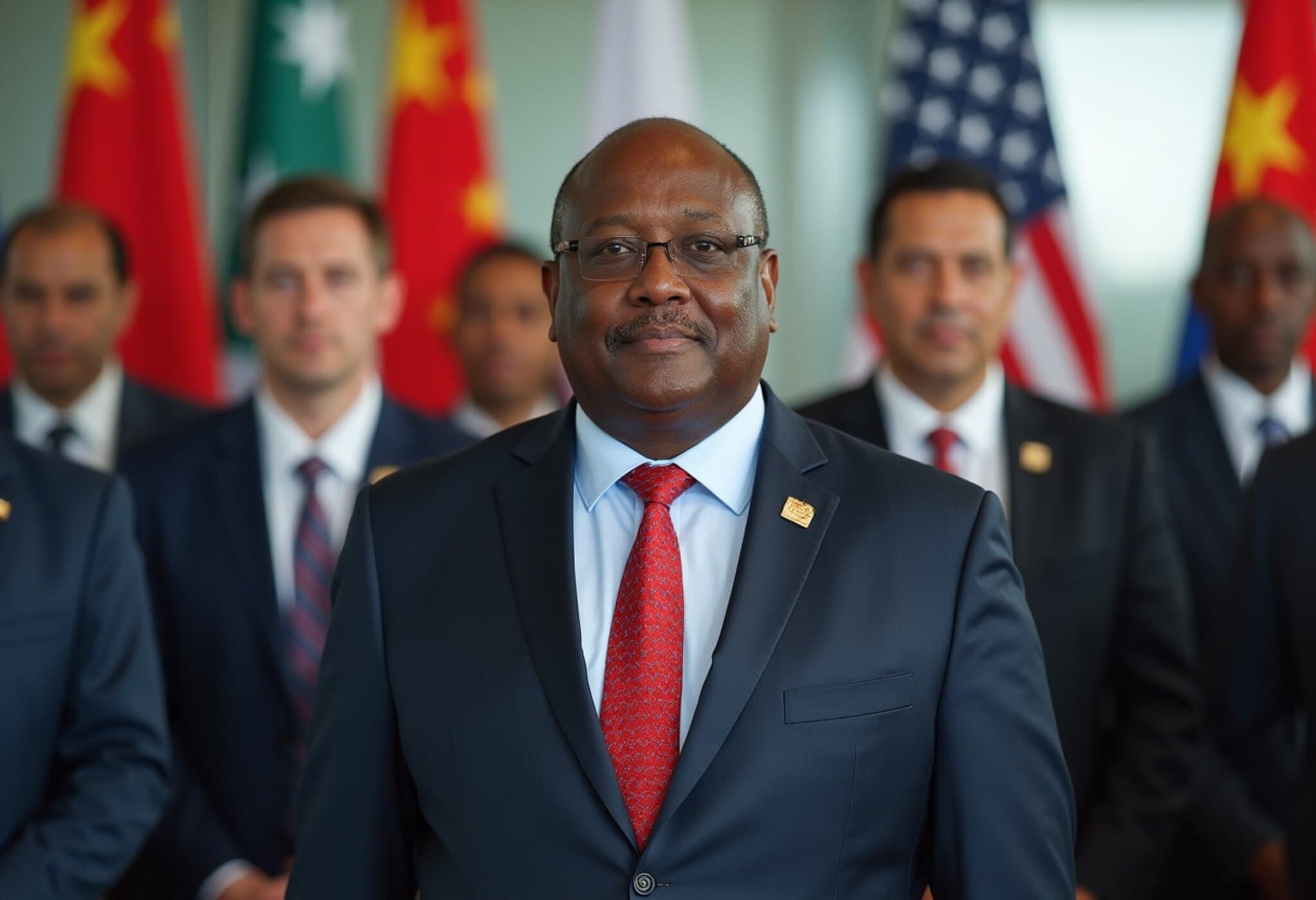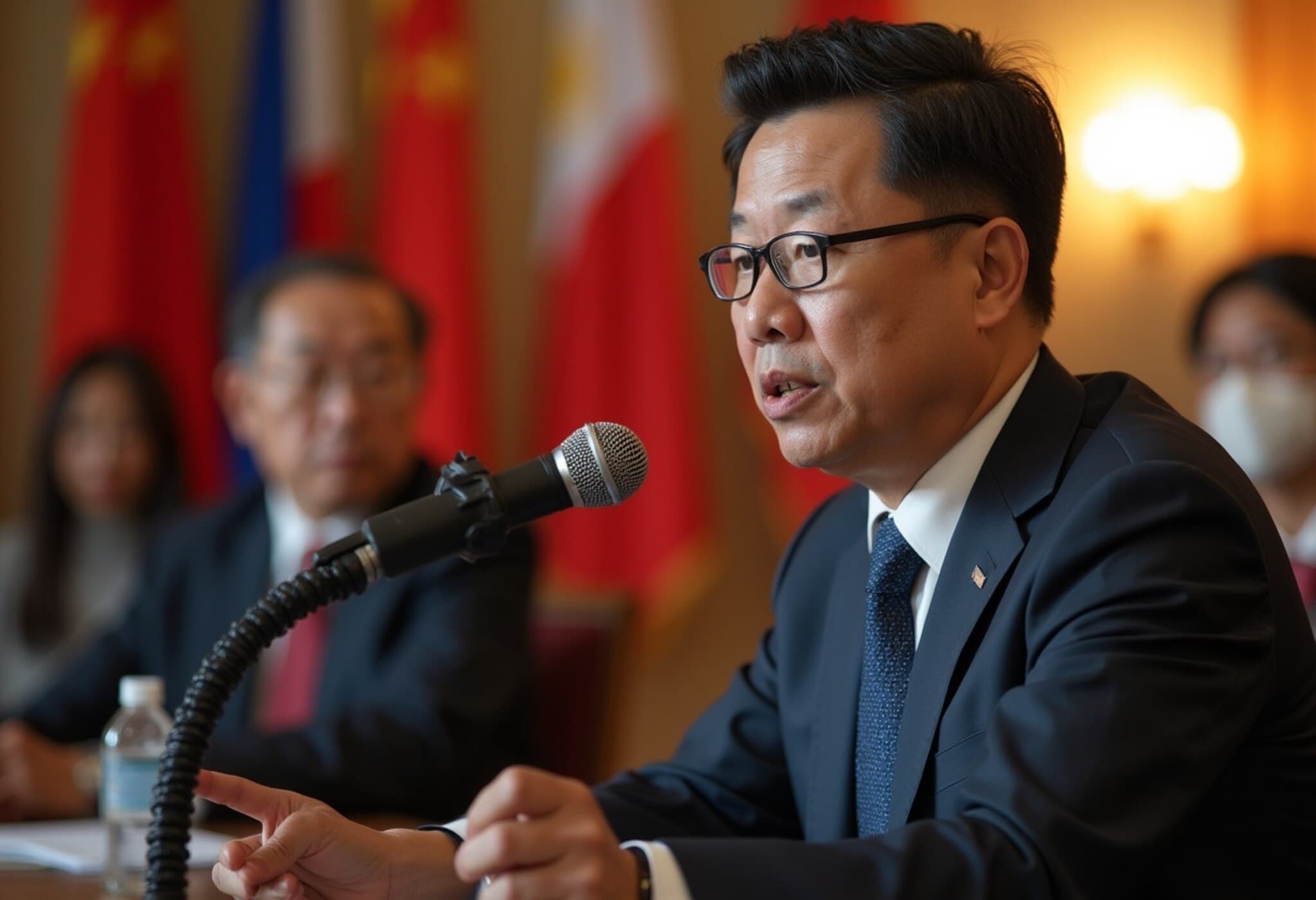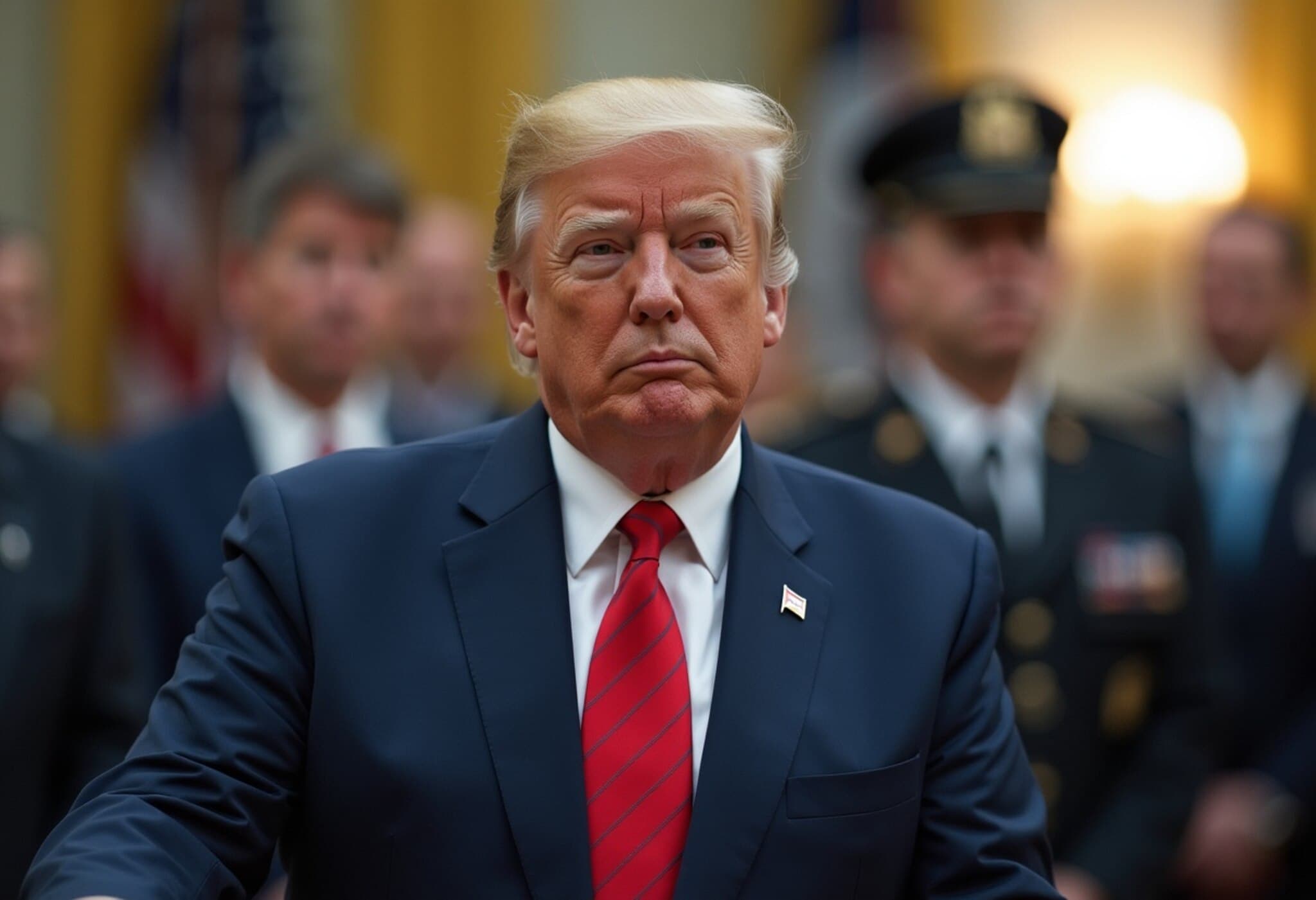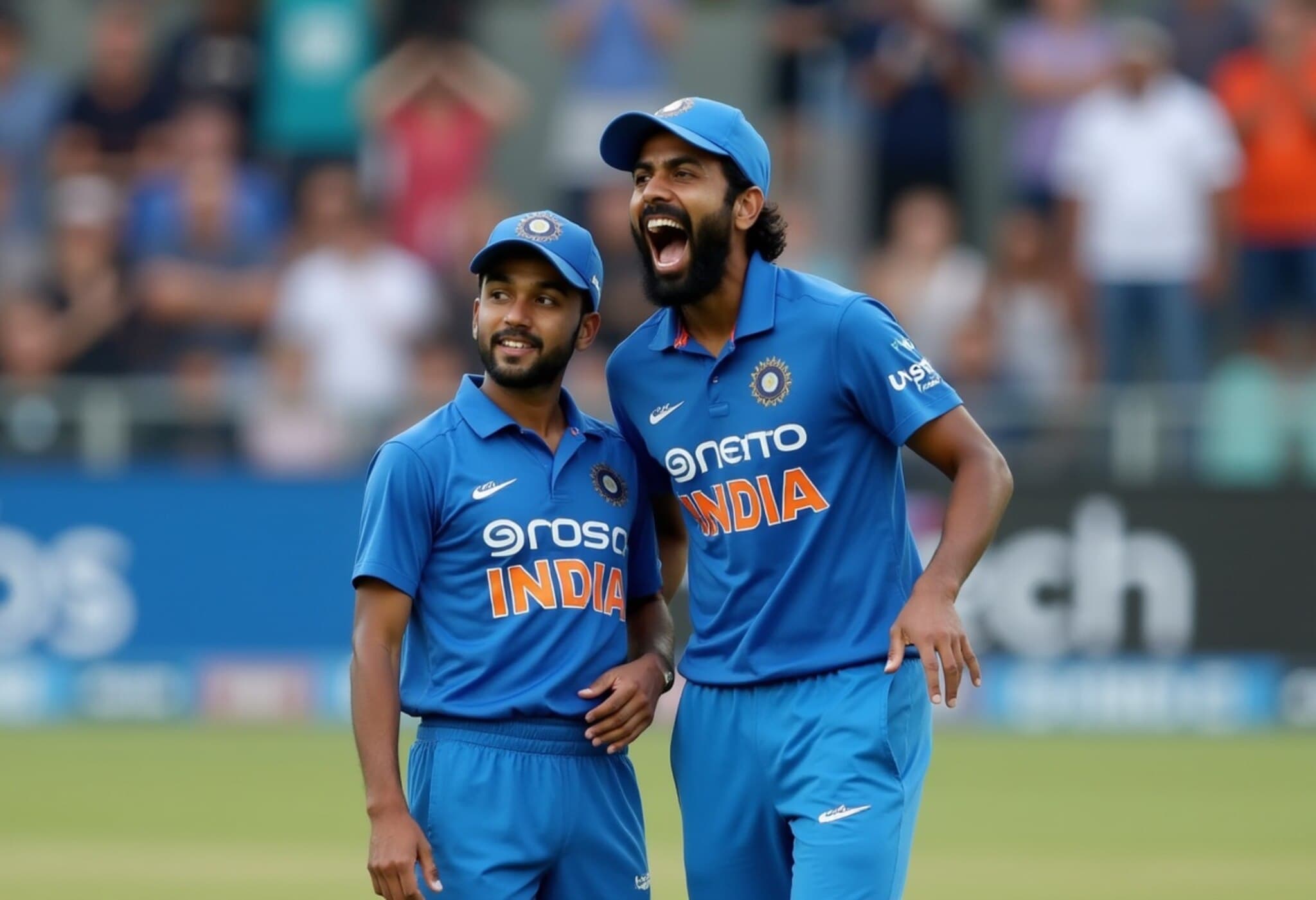India Maintains Consistent Position on Taiwan After Chinese Media Reports
In a recent diplomatic engagement marked by nuanced exchanges, India has reaffirmed that its position on Taiwan remains unchanged, countering reports by Chinese state media suggesting otherwise. Following External Affairs Minister S. Jaishankar's meeting with Chinese Foreign Minister Wang Yi on August 19, 2025, Indian government sources clarified that the country continues to uphold economic and cultural ties with Taiwan, despite Beijing’s narrative to the contrary.
Chinese Media’s Misrepresentation Sparks Clarification
State-run Xinhua news agency had reported that Jaishankar "reaffirmed that Taiwan is a part of China," a claim swiftly rebutted by Indian officials. Instead, informed sources conveyed to CNN-News18 that India emphasized ongoing engagement focused on trade, technology, and cultural cooperation with Taiwan.
"There is no change in our position on Taiwan,” a senior government source said. “Like many countries worldwide, India maintains a relationship with Taiwan centered on economic and technological collaboration and cultural exchanges.
The Historical and Diplomatic Backdrop
China regards Taiwan as a renegade province, pledging reunification with the mainland—by force if necessary. This contention stems from the Chinese Civil War, culminating in two governments: the People's Republic of China (PRC) governing the mainland, and the Republic of China (ROC) operating separately in Taiwan since 1949.
Amid this complex scenario, India aligns with the One China Policy shared by 182 out of 193 United Nations member states, officially recognizing the PRC as the legitimate government of China and not the ROC. However, as with many countries, India sustains substantial unofficial ties with Taiwan, engaging through de facto embassies like Taiwan’s Taipei Economic and Cultural Offices (TECO).
India’s Evolving Stand on the One China Policy
Interestingly, Indian sources note that India has not formally referred to the One China Policy since 2010, reflecting a careful recalibration of its diplomatic stance amid rising regional complexities. This subtle shift coincides with India’s broader strategic interests and its desire to balance relations in Asia's evolving geopolitical landscape.
Insights from Past Indian Diplomacy
Former External Affairs Minister Sushma Swaraj eloquently framed the bilateral sensitivities in 2014, asserting that "One China Policy" should come with a "One India Policy" from China. Her reminder highlighted that while India respects China’s concerns over Tibet and Taiwan, China reciprocally needs to acknowledge India’s sensitivities about its own territorial integrity, particularly concerning disputed Himalayan regions such as Ladakh and Arunachal Pradesh.
Her remarks emphasize that India’s diplomatic positions are shaped not only by abstract principle but also by grounded realities on territorial disputes that continue to fuel mistrust between the two Asian giants.
The Larger Geopolitical Implications
This episode underscores the intricate dance of diplomacy between India and China, both regional superpowers with complex histories. India's calibrated stance on Taiwan—maintaining economic and cultural engagement without overt political recognition—reflects an astute approach to safeguarding its strategic autonomy without overtly provoking Beijing.
Moreover, it sheds light on the subtle but important diplomatic language India employs: affirming core national interests while engaging pragmatically with global realities.
Editor’s Note
India’s firm but nuanced positioning on Taiwan amid Chinese media misrepresentation offers a profound look into the delicate balancing act of global diplomacy in Asia. It raises critical questions about how emerging powers assert sovereignty, manage bilateral tensions, and shape regional stability. For policymakers and observers alike, these developments underscore the indispensability of precise communication and clarity in international relations.
Moving forward, it will be essential to monitor how India leverages its partnerships with Taiwan and manages its relationship with China, particularly as tensions in the Indo-Pacific region continue to escalate. The story also invites deeper reflection on the evolving interpretation and implementation of the One China Policy by different nations against their own geopolitical priorities.

